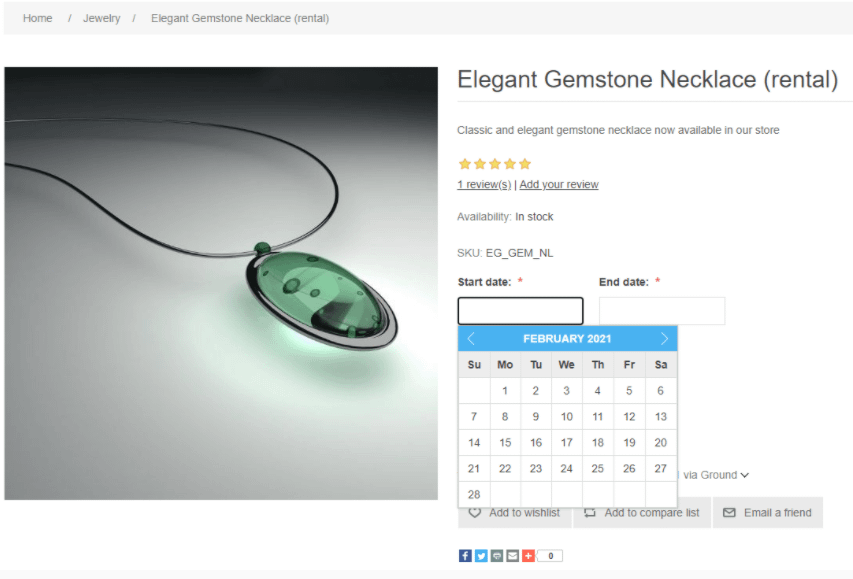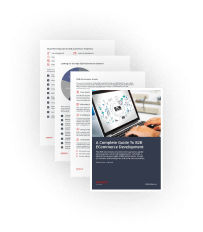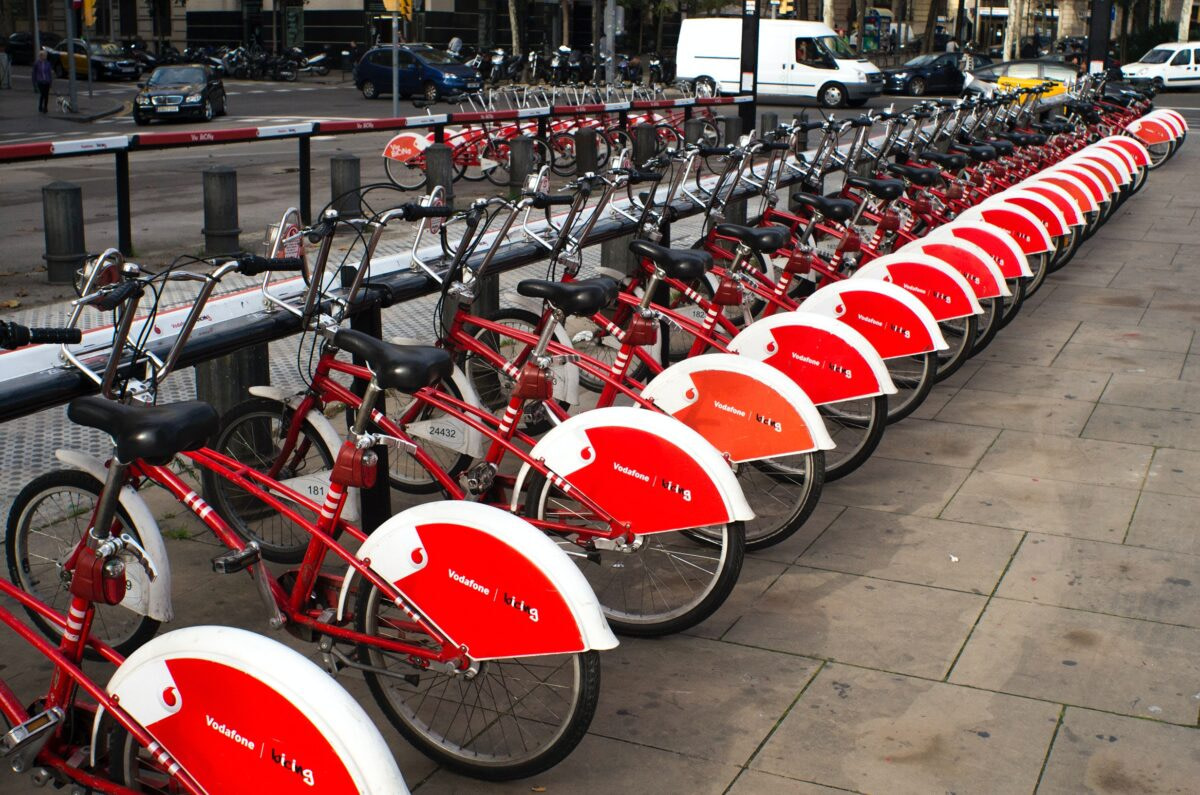Booking, reservation or rental model of the marketplace is at its peak of popularity. There are lots of ways of implementation of booking and rental systems. If you sell online, just think about mixing your ‘regular’ products for sale and renting them for a specific amount of time. Or, you can launch a hotel booking platform from scratch. In this post, we will share how you can turn your Multi-Vendor platform into a feature-rich and converting booking or rental online marketplace.
What is a Rental Marketplace
A rental marketplace is an online platform that connects people who want to rent something, such as a vacation home, a car, or equipment, with those who have it available for rent. Rental marketplaces allow individuals and businesses to earn extra income by renting out their unused assets to others. They also provide renters with a wide variety of options to choose from and the ability to compare prices and quality before making a decision. Rental marketplaces, also known as online marketplaces for renting, typically handle the entire rental process, including booking, payment, and communication between the renter and the owner. They often offer additional services such as insurance, cleaning, and maintenance to ensure a seamless and safe rental experience for both parties. The popularity of rental marketplaces has grown rapidly in recent years, driven by the sharing economy and the desire for more affordable and flexible rental options.
Latest stats
According to Statista:
- The Car Rentals will reach $64,880m in 2021 with the revenue annual growth rate of 14%.
- Vacation Rentals are going to amount to $66,901m in 2021. The growth rate is expected to hit 11%.
- Rental and Leasing in the U.S. will generate $786,4 billion of income by 2024.
The industry is growing. Is it the right time to join?
Application areas
As we mentioned above, multiple forms of reservation platforms exist:
- Restaurant reservation;
- Movie/airline ticket booking;
- Hotel booking;
- Online travel market and adventure-based businesses (yoga retreat or surf camps, for example);
- Car/bike/apartment rental;
- Real estate and leasing;
- And many more.
All of them have similar properties and basically serve the same purpose:
- Automate reservation to save the platform owner efforts and time;
- Offer visitors an intuitive and helpful interface to make them fall in love with the service.
Let’s consider some of the most exemplary reservation systems and the features to add to them.
Common features you can add while creating a reservation platform
The CS-Cart’s Multi-Vendor platform suits the reservation model in general. However, there are some details, a marketplace owner should take into account while implementing a rental reservation system.
- Calendar. It is a scheduling component to determine availability. Your rental marketplace platform should enable your visitors to check availability and book directly for the desired period. At this, there should be implemented the logic to allow/disallow multiple rentals/booking.
- Terms and Conditions to protect you from vendor cancellations.
- Configured rental taxes in addition to sales taxes.
- Last-minute availability and other notifications.
- Email automation.
- Progressive Web App.
Features you can add to your default CS-Cart/Multi-Vendor for Rental or Booking Solution
Rental Marketplace Platform
- Deposits. It will enable your eCommerce rental platform to track deposits left for an item. At this, some prepayment requirements should be in place to include such factors as price variation depending on date and time extra conditions (high season, holidays, etc.).
- Notifications for customers to remind them to send a rented item back before some date. It can be an email and/or an sms notification sent to the renter before the specified number of days as a reminder to send back the rented item.
- Rental security, a deposit that the customer pays at checkout. The deposit is returned to the customer when the product is delivered back to the owner.
- Insurance, the amount which is not returned to the customer after the rent.
- Rentals tab on the product page. This tab will show if the chosen item is available for rent or not.
- Availability (in days) of a rented product. You can display it on the product page or right on the calendar. It is possible to show the start and the end date as a calendar picker taking into account the product availability and breaks between rents.
- Break between rents, the number of days during which the product will be unavailable for renting.
- Minimum rental duration is the minimum number of days during which the product can be rented.

You can get inspiration from CSiRentals to get the general idea of a Multi-Vendor implemented online rental marketplace.

Tip: if your business model is a rental system, you can consider integrating the Stripe Intents API into your existing marketplace software and adding a Deposit functionality. In this case, when your customer adds a rental product to his cart, then Stripe Intents will allow holding a deposit.
Booking system
- Virtual map of a building (i.e., to book a movie ticket or reserve a table at a restaurant).
- Option to leave a deposit amount. Guests will be able to lock in their spots with you. They will feel more confident to book their flights.
- A smart web check-in option to save your time upon the guest’s arrival. They can inform you what means of transport they’re using or when you should expect them. You can also ask for their dietary restriction or offer some additional services.
- Rental security.
- Min. number of days for rent.
- Filter by date to find hotels/cinemas/other venues available on a particular date.
- Filter by radius to find the nearest options.
- Calendar with time slots.
- Ability to set date and time for availability of booking.
- Ability to specify non-reserved booking slots.
- Dynamic event display.
No matter, what model you choose, always rely on a technology partner you confide in. We’ve implemented dozens of projects applying reservation models for CS-Carts and Multi-Vendors and can share our experience with you.

